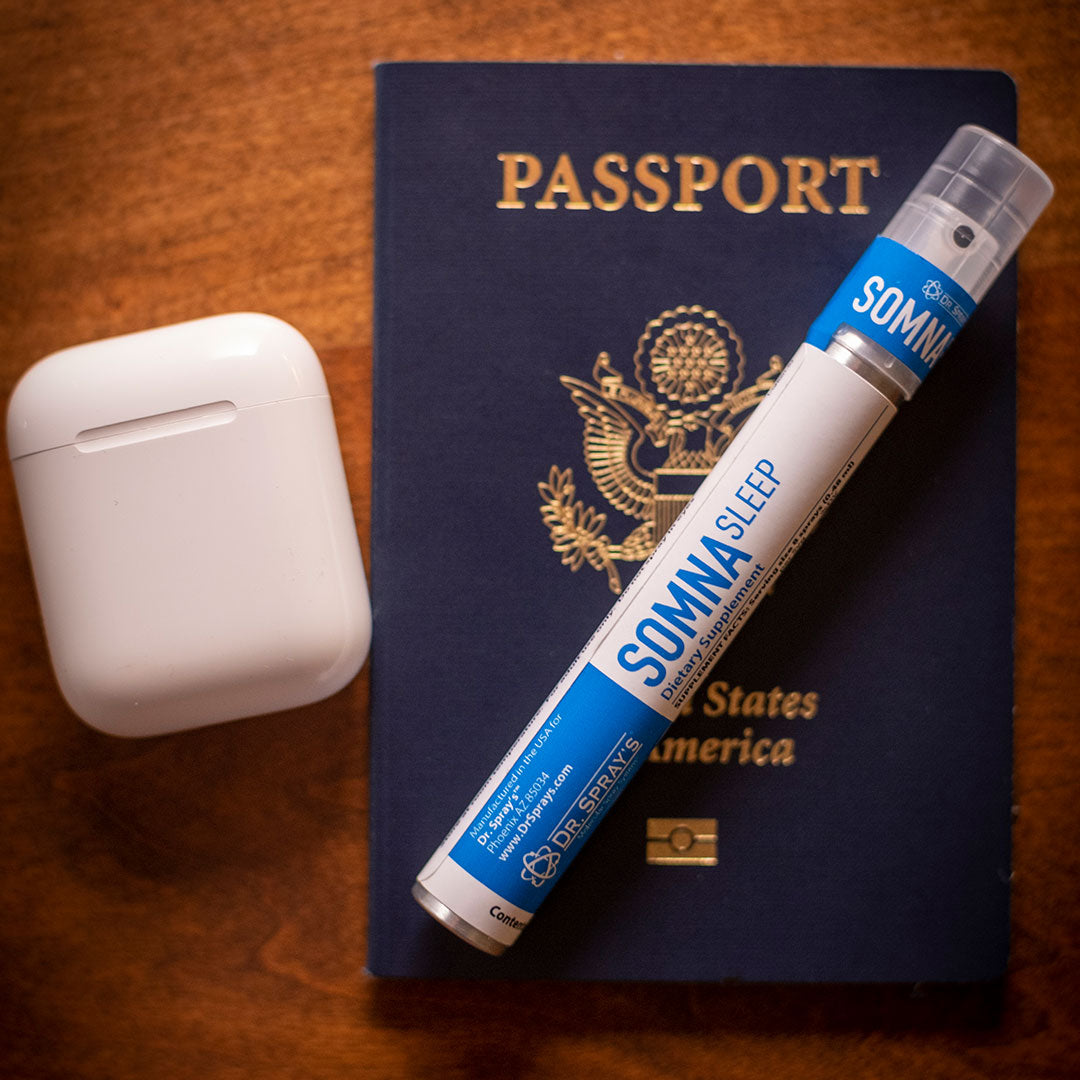How To Sleep Train Your 1 Year Old?
You might be wondering when the best time to sleep train your 1 year old is. The answer is: it depends. There is no one-size-fits-all answer to this question, as the best time to start sleep training may vary depending on your child's individual sleep needs and patterns. However, there are a few things to keep in mind that may help you determine when to start sleep training with your little one.
First of all, it's important to make sure that your child is developmentally ready to start sleep training. This means that they should be able to self-soothe and fall asleep on their own in their crib or bed. If you're not sure whether or not your child is ready to start sleep training, talk to your pediatrician or a sleep expert for advice.
Once you've determined that your child is ready to start sleep training, the next step is to decide what method you'll use. There are a few different approaches to sleep training, so it's important to choose the one that you feel will work best for your family. Some common methods include cry it out (CIO), controlled crying, and gradual extinction.
Once you've chosen a method, it's time to start sleep training! The key to success is consistency - so be sure to stick with it even if there are some bumps along the way. If you're not seeing results after a few nights, talk to your pediatrician or a sleep expert for guidance. With a little patience and perseverance, you should see big improvements in your child's sleep in no time at all.
1. Establish a bedtime routine
One of the best ways to help your child sleep through the night is to establish a bedtime routine. A bedtime routine should include calming activities such as reading or bath time. This will help your child wind down and prepare for sleep. It's important to be consistent with the bedtime routine so that your child knows what to expect each night.
2. Put your child to bed drowsy but awake
It can be tempting to rock your child to sleep or nurse them until they're in a deep slumber. However, it's important to put your child down when they're just drowsy. This will teach them how to fall asleep on their own. If your child cries when you put them down, try comforting them with a pat on the back or a soothing voice. However, resist the urge to pick them up. They need to learn that they can fall asleep on their own.
3. Make sure the bedroom is dark and quiet
Another way to help your little one sleep through the night is to create an environment that promotes sleep. The bedroom should be dark and quiet. Consider using blackout curtains or investing in a white noise machine. These simple changes can make a big difference in your child's sleep patterns.
4. Stick to a consistent schedule
It's important to maintain a consistent sleep schedule for your child. This means going to bed and waking up at the same time each day, even on weekends. A regular sleep schedule will help regulate your child's internal clock and make it easier for them to fall asleep at night.
5. Be patient
Sleep training can be challenging, and it may take some time for your child to adjust. Be patient and keep at it! With a little perseverance, you can help your child develop healthy sleep habits that will last a lifetime.










